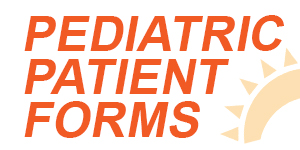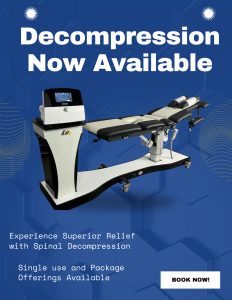For many older adults, hip stiffness has become an unwelcome companion throughout their daily activities. That uncomfortable tightness when you first stand up from your desk, or the stiffness that greets you in the morning, can significantly impact your quality of life.
While this common condition often leads people to simply accept discomfort as part of aging, understanding its causes and available treatment options through chiropractic care can open the door to renewed mobility and comfort. So, keep reading to uncover how exactly chiropractic care can help!
What Causes Hip Stiffness?
Hip stiffness often develops due to a complex interplay of factors that affect the joint’s normal function. The hip joint, designed for both stability and mobility, can become compromised through various mechanisms:
- Biomechanical Imbalances: When your pelvis and spine aren’t properly aligned, it creates uneven pressure on your hip joints. This misalignment can develop from various sources, including prolonged sitting, repetitive movements, or postural habits.
- Joint Restrictions: The hip joint’s natural range of motion can become limited when the joint capsule tightens, or the surrounding muscles develop imbalances. This restriction often creates a cycle where reduced movement leads to increased stiffness.
- Spinal Connection: The nerves that control hip function originate in your lower back. When there’s interference in these nerve pathways due to spinal misalignments, it can affect how your hip joint functions and feels.
- Age-Related Changes: As we age, the cartilage in our hip joints may undergo natural wear, and the joint capsule can become less flexible. However, these changes don’t have to result in chronic stiffness; regular chiropractic care may help!
Can a Chiropractor Help with Hip Stiffness?
Chiropractic care offers several effective approaches to addressing hip stiffness, focusing on both immediate relief and long-term improvement, including:
Specific Hip Adjustments
Chiropractors use targeted techniques to improve movement in the hip joint. These adjustments can help break up adhesions and restore a normal range of motion, addressing stiffness effectively.
Pelvic Alignment
Proper alignment of the pelvis ensures that forces are distributed evenly across both hips. This balance helps reduce strain on one side, preventing excessive stress and discomfort.
Spinal Care
Lower back misalignments can affect nerve function in the hip area. By addressing spinal issues, chiropractic care supports proper nerve communication, which often enhances hip mobility and reduces stiffness.
Movement Assessment
A chiropractor will analyze your movement patterns to identify factors contributing to hip stiffness. This evaluation helps tailor treatments to address specific issues, improving overall results.
Lifestyle Guidance
Advice on daily activities, posture, and movement habits helps maintain the benefits of chiropractic adjustments. Guidance on preventing repetitive strain or poor posture can reduce the risk of recurring stiffness.
Overall, ongoing chiropractic care helps preserve hip mobility and prevent chronic stiffness. Consistent adjustments and follow-ups support active, pain-free movement over the long term.
By addressing both the symptoms and root causes of hip stiffness, chiropractic care offers a comprehensive approach that supports lasting relief and improved function. This holistic strategy promotes better mobility and overall well-being.
Ready to experience the transformative power of chiropractic care? At Awaken Chiropractic, your Parker and Highlands Ranch chiropractors are ready to help. Book your appointment today!







